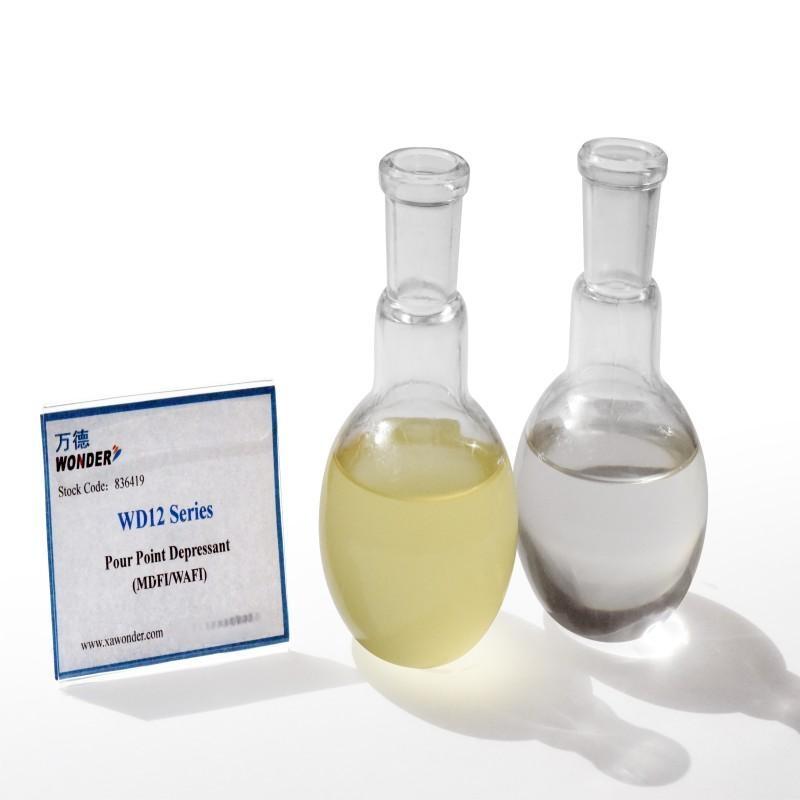-
Categories
-
Pharmaceutical Intermediates
-
Active Pharmaceutical Ingredients
-
Food Additives
- Industrial Coatings
- Agrochemicals
- Dyes and Pigments
- Surfactant
- Flavors and Fragrances
- Chemical Reagents
- Catalyst and Auxiliary
- Natural Products
- Inorganic Chemistry
-
Organic Chemistry
-
Biochemical Engineering
- Analytical Chemistry
-
Cosmetic Ingredient
- Water Treatment Chemical
-
Pharmaceutical Intermediates
Promotion
ECHEMI Mall
Wholesale
Weekly Price
Exhibition
News
-
Trade Service
According to today’s oil price report on May 12th, in April, Saudi Arabia’s state-owned oil giant Saudi Aramco announced the sale of a minority stake in its pipeline business-possibly another 1% stake, and intends to sell some shares in oil fields.
Both Saudi Aramco and Adnoc have also disclosed their intention to increase oil production capacity, which makes people feel that both Saudi Arabia and the UAE are eager to make full use of their oil resources.
Goldman Sachs recently stated that global oil demand may peak in 2026.
Norwegian energy consulting company Rystad Energy also predicts that oil demand will peak in 2026, saying that the rapid spread of electric vehicles may be the reason for its revised expectations.
Basically, the long-term prospects of oil-dependent economies are not particularly good.
A recent review by Energy Intelligence mentioned that in addition to equity sales, the production expansion plans of Saudi Arabia, the UAE and Qatar also reflect the reversal of long-term policies to save oil and gas reserves for the future of mankind.
However, Qatar may be another situation.
Of course, nothing is set in stone, including the large-scale adoption of electric vehicles.
Wang Jiajing excerpted and translated from today's oil prices
The original text is as follows:
Middle East Oil Producers Race To Pump Crude And Sell Assets
Within the last month, Saudi Arabia's state oil giant Aramco has announced the sale of a minority—but large—stake in its pipeline business, the possibility to sell another 1 percent of its stock, and intentions to put up for sale stakes in some oil fields.
Neighbor, ally, and fellow OPEC member UAE in the meantime, has announced plans to list its state oil firm's drilling business and has launched its own oil futures in a bid to change the face of Middle Eastern oil.
There is a certain feeling that both Saudi Arabia and the UAE are in a rush to make the most of their oil, with both Aramco and Adnoc also making public their intentions to boost their oil production capacity.
On the face of it, the reason for the divestments and capacity boosts is obvious enough: all Gulf economies depend on their oil revenues to keep going, and all of them have been hit hard by the demand destruction that the pandemic caused last year.
Goldman Sachs recently said that global oil demand could peak by 2026, joining a host of various entities seeing a grim future for the world's most traded commodity.
"Government policies driving higher efficiency gains and lower emissions have had the strongest bearing on road transport demand," Goldman analysts said in a report.
Norwegian energy consultancy Rystad Energy also foresees peak oil demand in 2026, citing the rapid adoption of electric vehicles as the probable cause of its revised forecast, which earlier saw oil demand peaking in 2028.
Basically, the long-term outlook for oil-dependent economies is not particularly good.
A recent Energy Intelligence overview on the topic cited, in addition to the stake sales, the production expansion plans of Saudi Arabia, the UAE, and Qatar, which represent a reversal of the long-standing policy of saving oil and gas reserves for future generations Indeed, this seems like the clearest sign yet that the oil-dependent Gulf economies are worried there may be no need to save their oil and gas reserves for future generations.
Perhaps Qatar is a different case, however.
The tiny Gulf nation recently announced plans to substantially boost its LNG production capacity.
It should be noted, however, that this is happening in a market where demand is set to grow for quite some time, even as the world moves from fossil fuels to a post-fossil fuel era.
At the same time, competition is intensifying, so to retain its spot as lead exporter, Qatar needs to do whatever it can, including boosting production.
Of course, nothing is set in stone, including the mass adoption of EVs.
A recent study from the University of California, for instance, found that close to a fifth of EV drivers switched back to a gasoline car in the period between 2012 and 2018 .
The reason was that charging was too much hassle.
Charging times haven't shortened much since 2018, so the problem remains.
In the meantime, growing Asian economies are building new coal-powered generation capacity, led by China, which is also the leader in new renewable power capacity.







